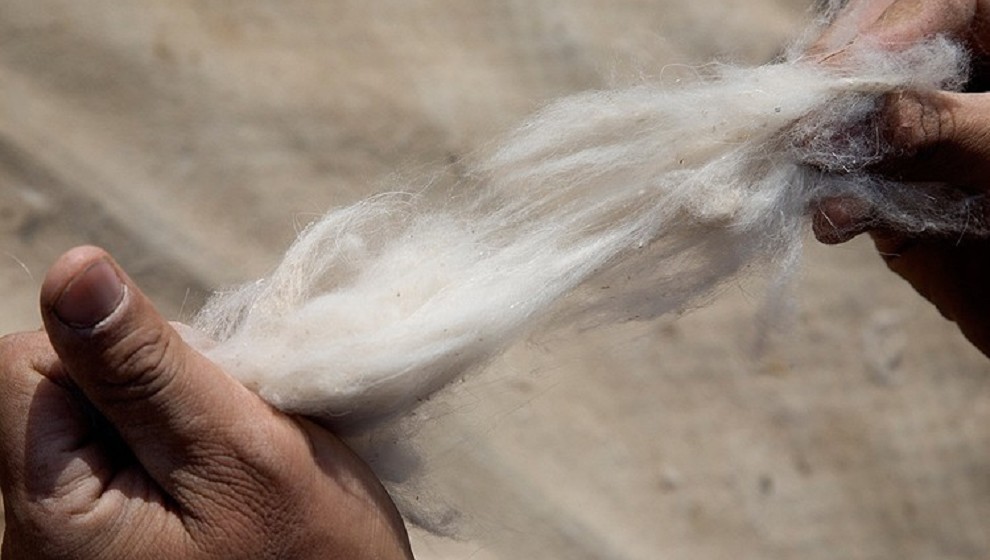The Origins and Perks of cashmere in Making Luxurious Clothing
The Origins and Perks of cashmere in Making Luxurious Clothing
Blog Article
Factors You Have To Need Cashmere an All-natural Fiber for Convenience and Style in Everyday Use
In the realm of textiles, few fibers equal the luxury and convenience of cashmere. This special material, recognized for its superior soft qualities and insulation, provides unrivaled convenience and elegance for daily wear. What establishes it apart from various other fibers? Just how does it impact the environment and just how does it compare to synthetic alternatives? Exactly how can one best utilize cashmere to raise their design? These fascinating concerns lay the foundation for an enlightening expedition into the globe of cashmere.
Recognizing the Luxurious Nature of Cashmere

Assessing the Convenience Element of Cashmere Garments
What qualities underline the comfort factor of cashmere garments? The softness of cashmere is the first quality to consider. Its deluxe structure makes it feel like a second skin, supplying heat without the weight or itchiness connected with various other wool products. Cashmere's unique fiber structure allows for breathability, controling temperature and avoiding overheating. The product's flexibility and durability ensure that it molds against the body conveniently, maintaining its shape over time. Cashmere's hypoallergenic homes also contribute to its comfort, making it an excellent selection for delicate skin. The capacity to layer cashmere pieces without thickness heightens the comfort element. Basically, the comfort of cashmere is stemmed from its soft qualities, breathability, resilience, hypoallergenic nature, and convenience.

The Environmental Effect and Sustainability of Cashmere
While the comfort and elegance of cashmere are most certainly appealing, it's just as crucial to consider its relationship with the atmosphere. Cashmere manufacturing, mostly in Mongolia and China, includes elevating cashmere goats, which can dramatically strain delicate meadow ecological communities because of overgrazing. This can bring about desertification, a pressing environmental concern. The handling of cashmere, including coloring and cleaning, can additionally contribute to water contamination if not effectively taken care of. Nevertheless, efforts are being made to develop sustainable cashmere production methods, such as rotational grazing and cleaner handling methods. Thus, while cashmere has environmental impacts, its sustainability greatly depends upon production practices.
Contrasting Cashmere to Artificial Fibers: A Cost-Benefit Evaluation
Despite its ecological difficulties, cashmere presents an one-of-a-kind collection of benefits over synthetic fibers. Cashmere's all-natural fibers provide unequaled gentleness and heat, converting into convenience that synthetic fibers have a hard time to match. Unlike artificial fibers, cashmere doesn't add cashmere to microplastic air pollution, making it an extra sustainable option.
Designing Tips With Cashmere for Everyday Elegance
Having taken into consideration the cost-benefit analysis of cashmere compared to synthetic fibers, it becomes clear why this extravagant material is a preferred choice for several. When styling cashmere for everyday beauty, simpleness is key. Ultimately, the fundamental style of cashmere makes it a flexible enhancement to any wardrobe, effortlessly boosting day-to-day outfits with a touch of luxury.

Final Thought
In enhancement, cashmere's sustainability and reduced environmental influence contrasted to synthetic fibers further boost its charm. Spending in cashmere garments is a rewarding decision for design, comfort, and sustainability.

Report this page